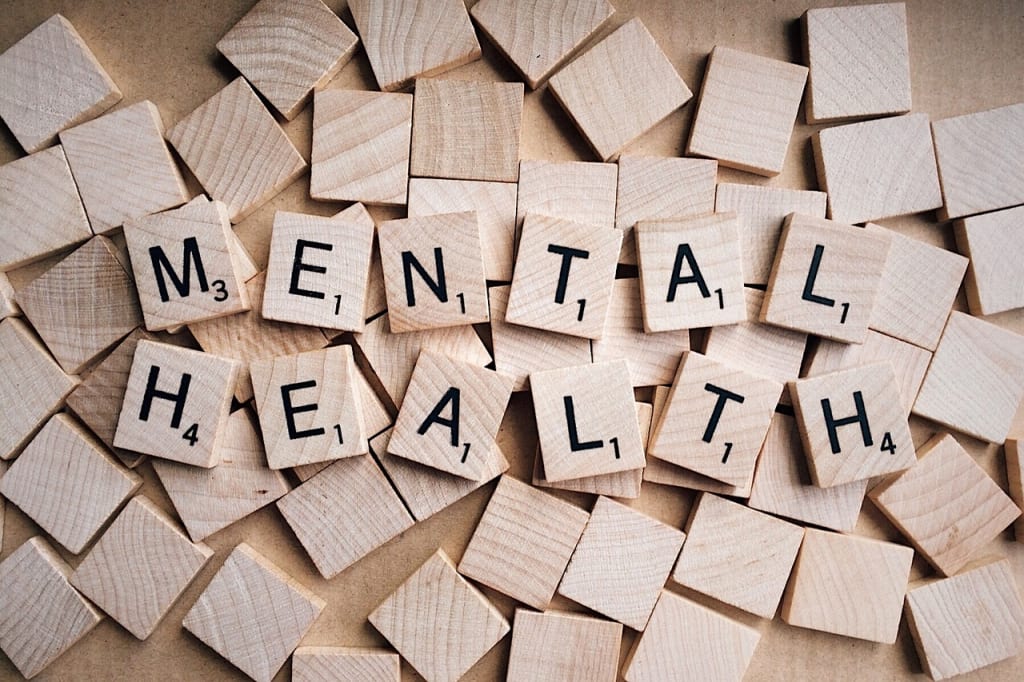In a world that celebrates hustle culture and constant productivity, taking care of your mental health is no longer a luxury — it’s a necessity. While physical health is often easy to measure and treat, mental well-being can be more complex, subtle, and frequently overlooked. Yet it affects every part of our lives: how we think, feel, work, and connect with others. This article explores the importance of mental health, the signs to watch for, and how to care for your mind in a world that rarely slows down.
Understanding Mental Health: More Than Just “Feeling Good”
Mental health isn’t about being happy all the time or avoiding stress — it’s about managing emotions, coping with challenges, and maintaining psychological balance. It includes emotional, psychological, and social well-being. When your mental health is strong, you’re better equipped to handle life’s ups and downs, build relationships, and make sound decisions.
However, poor mental health doesn’t always show up as sadness or anxiety. It might feel like constant fatigue, irritability, trouble sleeping, or lack of motivation. It can affect your concentration, self-esteem, and ability to enjoy everyday activities.
Why We Need to Talk About It
Stigma has long surrounded mental health, making many people feel ashamed or hesitant to seek help. But mental health challenges are incredibly common — and they are nothing to be ashamed of. In fact, acknowledging that you’re struggling takes strength.
Open conversations about mental health help normalize the experience. Just like we’d encourage someone to visit a doctor for a broken arm, we should support those who need help navigating anxiety, depression, burnout, or other mental challenges. Speaking up creates space for healing — not just for ourselves, but for others too.
Daily Habits That Support Mental Well-Being
Taking care of your mind doesn’t always require major changes. Small, consistent habits can make a big difference:
-
Sleep well: Aim for 7–9 hours of quality sleep each night.
-
Move your body: Regular physical activity boosts endorphins and reduces stress.
-
Eat mindfully: A balanced diet helps regulate mood and energy.
-
Set boundaries: Say no when needed and make time for rest.
-
Stay connected: Talk to friends, family, or a therapist — connection is key.
-
Limit screen time: Especially social media, which can negatively impact self-esteem.
-
Practice mindfulness: Meditation, journaling, or simply taking a few deep breaths can ground you.
These aren’t “fix-all” solutions, but they build a strong foundation for mental resilience.
When to Seek Help
Just like you wouldn’t ignore a persistent physical pain, you shouldn’t ignore emotional distress that interferes with daily life. If you’re feeling overwhelmed, hopeless, or disconnected for an extended period of time, it may be time to seek professional help.
Therapists, counselors, and mental health professionals are trained to guide you through tough emotions and help you develop coping strategies. Reaching out is a sign of courage — not weakness.
The Bigger Picture: Mental Health Is for Everyone
Mental health affects people of all ages, genders, and backgrounds. It’s not something reserved for those in crisis — it’s a lifelong journey of understanding and caring for yourself. Whether you’re managing a diagnosed condition or simply learning how to navigate stress and emotion, mental health awareness benefits everyone.
Creating a world where mental health is prioritized means building compassionate workplaces, schools, and communities where people feel safe to express their struggles and access the help they need.
Conclusion: Your Mind Deserves Care Too
Mental health is as important as physical health — and it’s time we start treating it that way. In a society that often pressures us to “keep it together” or “push through,” choosing to slow down and take care of your inner world is one of the most powerful things you can do. It leads to better relationships, clearer thinking, and a more fulfilling life.
So be kind to your mind. Talk about how you feel. Take breaks. Ask for help. Prioritizing your mental health isn’t selfish — it’s survival. And more than that, it’s strength.
